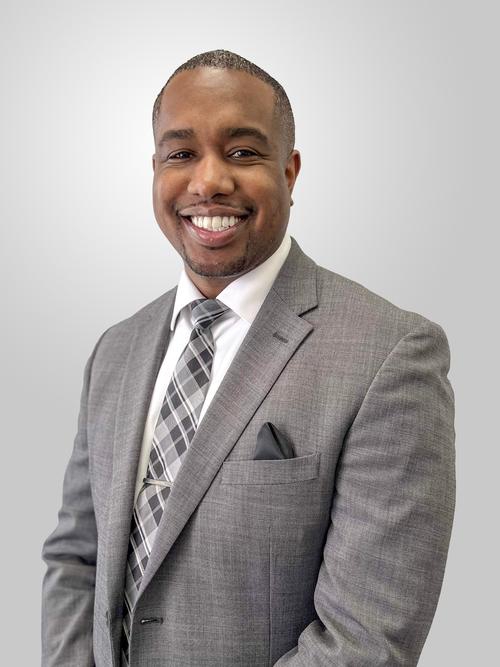What do you do when a loved one passes away? How do you handle their affairs and in what order? What documents do you need to have? What do you do if the life insurance policy is missing?
What do you do when a loved one passes away?
After you’ve notified your immediate family, one of your first calls should be to a licensed funeral director. He or she may help you do the following:
- Transport the body
- Order certified Death Certificates
- Select a casket, urn, and/or headstone
- Arrange the funeral, memorial, and/or burial service
- Notify Social Security
- Prepare the Obituary, if one is desired; and
- Offer Grief support or direct you to other resources
Look for instructions the deceased may have left regarding preferences for funeral and burial arrangements. Determine whether the deceased belonged to a burial, cremation, or memorial society that may make special arrangements for the funeral, such as military honor guards if the deceased was a veteran.
If your loved one did not preplan for the funeral arrangements, interview several funeral homes and make sure you find one that you are comfortable with. Don’t let them manipulate you into thinking that cost should not be an issue.
The funeral director’s responsibility:
- The funeral director will apply for the death certificates for you.
- We recommend a minimum of 5, but the actual number of death certificates depends on what assets the deceased owned.
What are the death certificates needed for?
- For real property asset
- For each life insurance policy or annuity
- Possibly one original for each pension or retirement account
- Banks, brokerage firms, credit card companies, and other financial institutions sometimes accept photocopies of the death certificate, but they may want an original
Gathering more information about the Decedent’s Affairs:
The following is a list of some people to contact when someone dies:
- Banks/Credit Unions to locate and re-title accounts, safe deposit boxes, and cancel ATM cards.
- If accounts were joint accounts, those should be retitled in the name of the surviving joint signer and that person’s SSN now should be the number on file with the bank.
- Investment advisors to re-title accounts and determine the date of death asset values and determine whether any assets should be sold.
- IRA Custodian to determine whether the required distribution was taken out for the current year.
- Arrange for the remaining account balance to be distributed to designated beneficiaries.
- Law Firm/Attorney to assist with estate settlement and asset re-titling.
- Accountant or tax preparer to determine tax returns to be filed.
- Utility companies to discontinue service or change name for billing purposes.
- Life insurance agent to obtain claims forms and instructions.
What if the life insurance policy is missing?
- Look for evidence of premium payment. Go through canceled checks or contact the decedent’s bank for copies of old checks where the insurer’s name may be written on.
- Check old credit card statements.
- Contact the decedent's employer to see if he/she had group life insurance.
- Look for insurance-related documents in files, safety deposit boxes, and other storage areas.
- Look in address books for contact information for insurance agents or life insurance companies.
- Contact current and prior financial advisors who may have known about the life insurance policy.
Need to talk to an experienced attorney on these matters? Give Littlejohn Law a call today at 740-346-2899 and a member of our team will be here to help you. We can ease the burden on your family by helping out with this process. Log on to Littlejohn Law for blogs and videos for answers to your Probate and Estate questions.
Littlejohn Law, LLC
The Real Estate and Probate Law Firm
352 Main Street
Wintersville, OH 43953
www.littlejohnlawllc.com
Sincerely,
Edward L. Littlejohn, Jr.

